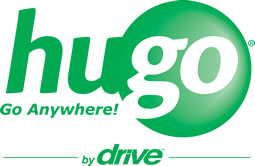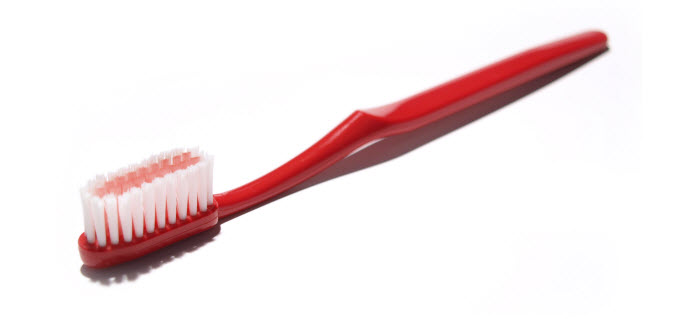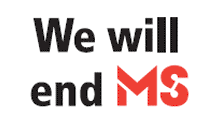Dental Care 101 for the Caregiver
When agreeing to the difficult role, and for some families a full-time job, of being a caregiver to a loved one, it’s easy to forget just how much goes into it. Day to day care isn’t just transportation and laundry, but in many cases it means actually brushing another person’s teeth. Taking care of your own teeth is hard, but trying to clean another person’s pearly whites can be practically impossible without the right knowledge and tools. Take a look at the below suggestions to not only keep your loved ones mouth healthy and clean, but yours as well.
Dental Visits: With all the day-to-day physician appointments that come with adult care, it’s often easy to forget about making time in everyone’s schedule to go to the dentist. It’s often the first medical appointment to drop off the list. Don’t let that happen. Schedule both you and your loved one’s appointments at the same time. It’s also important to use all the tools the dentist has. They’ll be able to give you tips and pointers on how to successfully brush someone else’s teeth, as well as if there are any tools that could be of use, such has special flosses.
Mouth Washes: Using a mouth wash might seem like second to brushing, and in a way it is, but because antiseptic mouth rinses help to eliminate bacteria that can cause gingivitis, as well as get rid of bleeding and inflammation, it can be a very useful tool to a caretaker. It’s important to work with your dentist to find the one that is right for your family member as the levels of alcohol in the rinses and ability to reduce sensitive teeth vary by product.
Dentures: At this stage in life, many adults are dealing with some sort of removable dentures, whether it is partial or full, and it’s just as important to keep these clean as it is to keep your own teeth clean. You need to brush those teeth daily. However, do not use your regular toothpaste as it is abrasive, which is great for real teeth, but can breakdown the dentures leaving small holes that can fill with bacteria and cause infections. It is easy to find denture pastes over the counter that you then take a normal tooth brush, or even a nail brush, to clean around the indentations of the teeth. Following the scrub, make sure to rinse the dentures either in soap and water or in a specific denture cleaner purchased over the counter. Even though they are not real teeth you still need a bi-annual cleaning with your dentist to examine your mouth, your tongue, and make sure that your dentures fit into your mouth properly as well as clean them. Bring the dentures into your dentist’s office so they will be able to make a much more thorough cleaning than you can do at home.
Patient Desires: When dealing with someone else’s care, especially someone who is battling a disease or the desire to be independent, you often have to work with them. Let them be responsible for cleaning their own teeth for as long as possible. You can even brush your teeth together, so you can help when needed. It’s important to foster their independence. Talk to your dentist about the best tools to help them stay in charge of their mouth.
Guest Blogger Shoshana Davis is a healthy living writer and blogger living in New York City.
TopDentists.com is the leading source of cosmetic dentistry information, dental health tips, dentist qualifications and popular dental procedures, such as Invisalign® braces, dental crowns & bridges, tooth bonding, root canals, dental implants, veneers and more. It is part of the Everyday Health portfolio.




 and get Cash rewards!
and get Cash rewards!